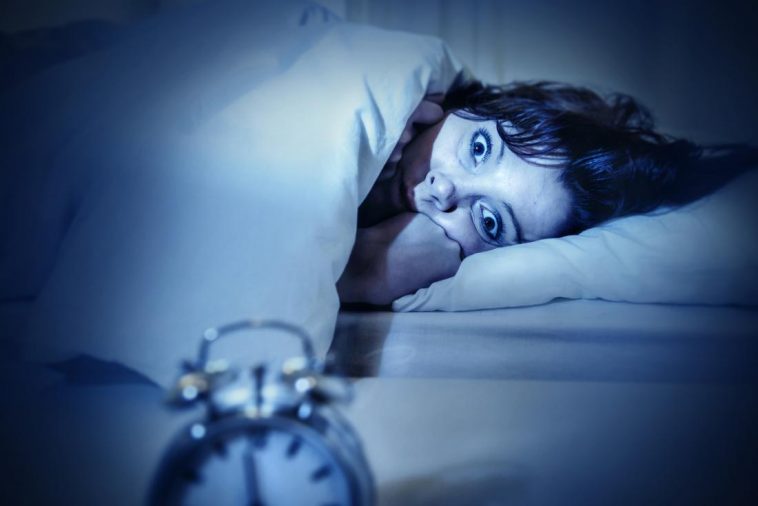It’s dark. You’re in your bed, awake, fighting to keep your heavy eyelids open. But that’s not all. You have an eerie feeling of someone, something ominous lurking around.
There’s a ghostly sound, pressure on your chest. But worse is that your body remains numb, frozen in place. You can’t scream and could find yourself log-rolling off the bed if you overdo the dog kicks. But, as panic sets in, you blackout.
Most people have experienced sleep paralysis. But it’s either they find themselves unable to describe the feeling or, worse, have a third party suggest that the condition involves forces that transcend the physical.
While this disorder can be terrifying, it’s important that the phenomenon is not confused with night terrors, where a person could bolt up in a panic, get momentarily disoriented while being unaware of their aura.
What is sleep paralysis and why does it happen?
Sleep paralysis is a feeling of being mentally conscious but unable to move a muscle. It occurs when as a person transitions between the stages of wakefulness and sleep, either while falling asleep or waking.
Although it’s not life-threatening, the condition can be accompanied by a sense of suffocation, hallucinations, an ominous feeling, and intense panic — possibly occurring alongside conditions like narcolepsy.
Medical experts suggest that the condition is prevalent among students. Statistics also show that between eight and 50 percent of people experience it at some time while about 5 percent have repeated episodes.
What causes sleep paralysis and who gets it?
Sleep paralysis happens when something goes wrong in REM cycles. This stage of sleep first occurs within a couple of hours after one drifts off, stimulating brain areas essential for learning and memory.
Since most dreams occur during REMs, the brain initiates a mechanism that temporarily paralyzes the body to avoid acting out nightmares. But, sometimes, the mind could remain awake, thus sleep paralysis.
Some experts have construed the condition as a protective mechanism in cases where overactivity causes the brain to perceive a dream threat as real life, thereby jolting one into the wakeful state but not completing the process.
However, sleep paralysis may also be triggered by risk factors such as sleep deprivation, abnormal sleep cycles, genetics, jetlags, insomnia, medications, depression, PTSD, and other mental health disorders.
Because shift work goes against the body’s typical wake-sleep cycle (circadian rhythm) and is marked by heavy sleep depravity and disruptions, many shift workers are at risk of experiencing sleep paralysis.
Treatment & preventing subsequent episodes
There’s no specific treatment for sleep paralysis as it has been poorly studied. However, stress management, maintaining regular sleep schedules, and observing good sleep habits, can lower one’s risks.
Sleep paralysis can be extremely terrifying, especially during one’s first episode, but they generally don’t pose life-threatening risks on their own. You might want to make a few lifestyle changes to forestall subsequent episodes.
Keeping off caffeine, alcohol, and heavy meals might make for a good start. Watching your sleep position as opposed to drifting off on the couch can also offer you just your desired sleep quality.
Introducing a low-impact exercise to your daily routine, not too close to bedtime, could similarly afford you a better sleep. But it’s highly recommended that you go to bed at around the same time every day.
If the condition persists within two to four weeks of trying treatment and preventive measures or you find that you’re losing significant amounts of sleep, then an appointment with your doctor or therapists is next.
Copyright 2025 TheCable. All rights reserved. This material, and other digital content on this website, may not be reproduced, published, broadcast, rewritten or redistributed in whole or in part without prior express written permission from TheCable.
Follow us on twitter @Thecablestyle


Indeed you described it very well and I really appreciated your effort. My comment will directly benefit those that are Muslims. The most influential human being ever and never having in the earth told us that no illness that don’t have a cure. The preventive measures of this illness (sleep paralysis) is for you to say the supplications of falling asleep as recommended by the noble prophet. It happened to me once in my life and I realized that I didn’t said the supplications. By doing so I yet to witnessed it (sleep paralysis) again till now.
This sleep apnea could be contained water rehydration, since this condition can be a sign the body is dehydrated.